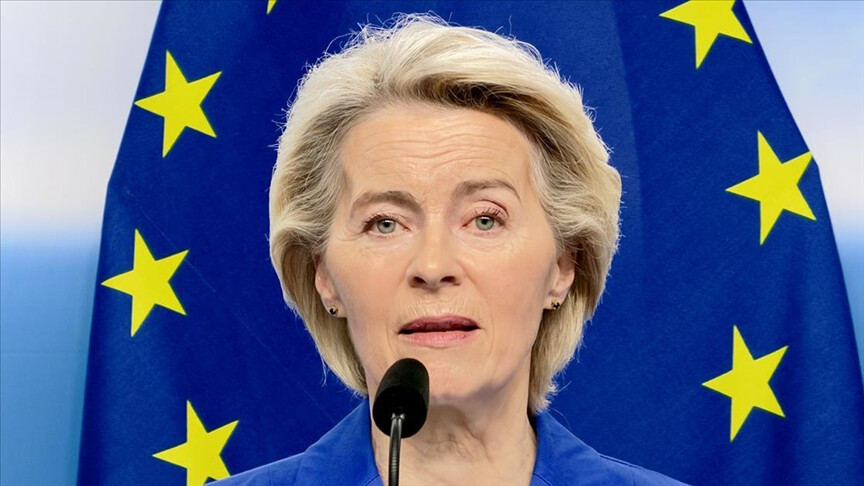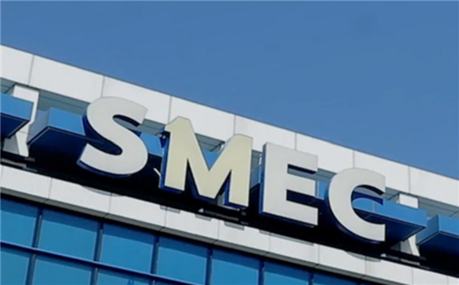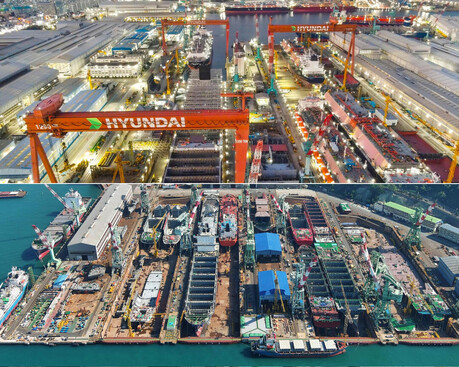
(C) A News
BRUSSELS — The European Union has moved to significantly restrict the free movement of Russian citizens within its borders by suspending the issuance of multiple-entry visas. This decision, announced by the European Commission on November 7, comes as the war in Ukraine approaches its fourth year and amid rising fears of Russian "hybrid warfare" and sabotage across the continent.
Under the new policy, Russian nationals will no longer be eligible to receive multi-entry visas for the Schengen area. This mandates that a new visa application must be filed for every planned trip to the EU, allowing member states to perform "close and frequent scrutiny of applicants to mitigate any potential security risk," according to a statement from Brussels.
The move marks a further toughening of the EU's stance on Russian travel privileges. Kaja Kallas, EU High Representative for Foreign Affairs and Security Policy, emphasized the change, stating on her X account, "Starting a war and expecting to move freely in Europe is hard to justify. EU travel is a privilege, not a given."
While the war in Ukraine remains the primary catalyst, the decision was significantly influenced by recent, unexplained security incidents across Europe. Concerns have mounted over Russian-backed 'hybrid warfare,' including acts of sabotage, disinformation campaigns, and notably, a spate of mysterious drone incursions. The anxiety reached a peak following the temporary shutdown of Liège Airport in Belgium, one of Europe's largest cargo hubs, on November 7 due to suspicious drone activity—an incident widely suspected to have Russian involvement.
The EU’s action is intended to protect public policy and internal security. However, the Commission has specified that narrowly defined exceptions will apply for humanitarian and political reasons, allowing independent journalists, human rights defenders, and dissidents to continue receiving visas, albeit under enhanced scrutiny.
This latest restriction builds upon steps taken since Russia's full-scale invasion of Ukraine. In late 2022, the EU suspended its visa facilitation agreement with Russia, increasing the cost and complexity of the application process. Furthermore, member states that feel the threat of Russian aggression most acutely, particularly the Baltic countries, have already imposed strict limitations or outright bans on Russian entry.
Despite these earlier measures, a substantial number of Russian citizens continued to enjoy free movement across the 29 nations of the Schengen zone—the area where passport checks are waived at internal borders. While the figure has drastically fallen from over 4 million Schengen visas issued to Russians in 2019, approximately 500,000 Russians still received visas allowing European travel in 2023. Critics within the EU, primarily hawkish member states, argued that this number remained too high, allowing for continued free movement even as the conflict escalated. Countries such as Hungary, France, Italy, and Spain, often for reasons relating to tourism or political alignment, have historically been the most active in issuing visas to Russian nationals.
The new policy is a unified effort to ensure a consistent application of stricter rules across all member states, preventing applicants from bypassing restrictions by applying through more lenient EU countries. By eliminating multi-entry visas, Brussels aims to conduct rigorous, trip-by-trip vetting, significantly curtailing the easy access to Europe that Russians have enjoyed for decades.
[Copyright (c) Global Economic Times. All Rights Reserved.]





























